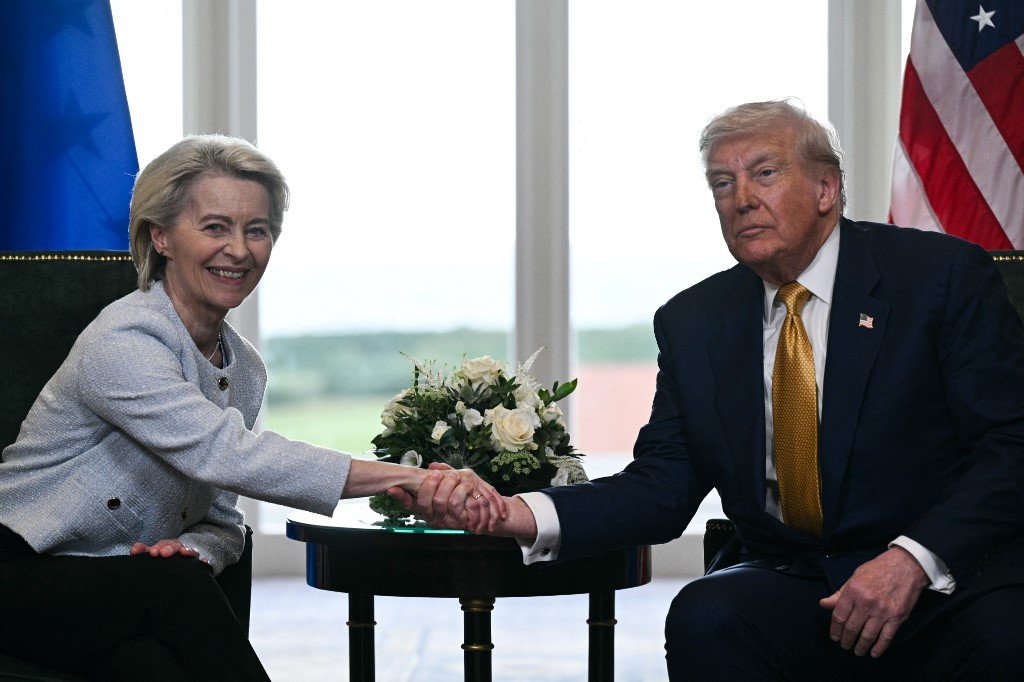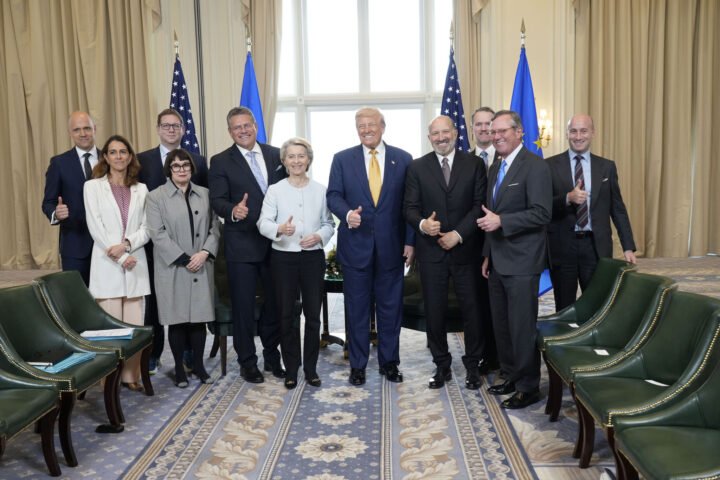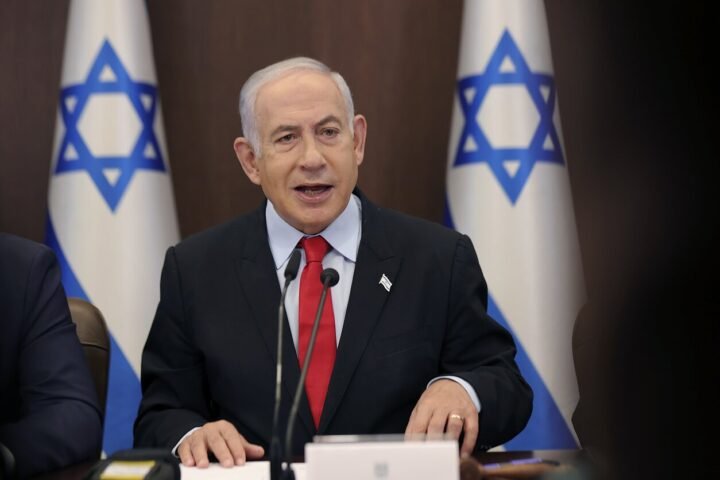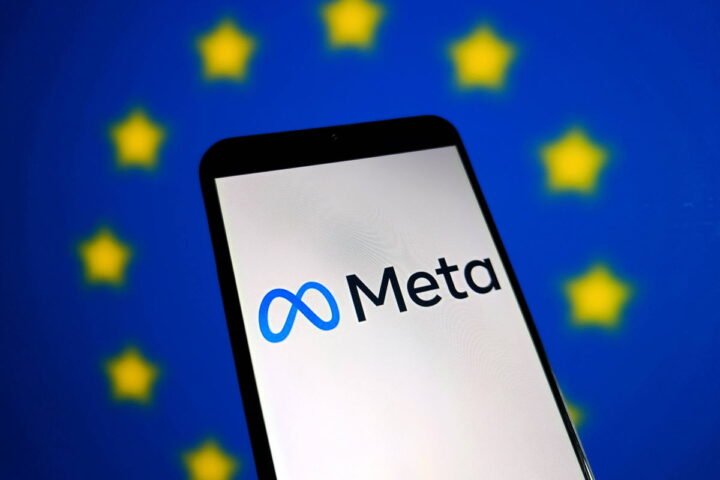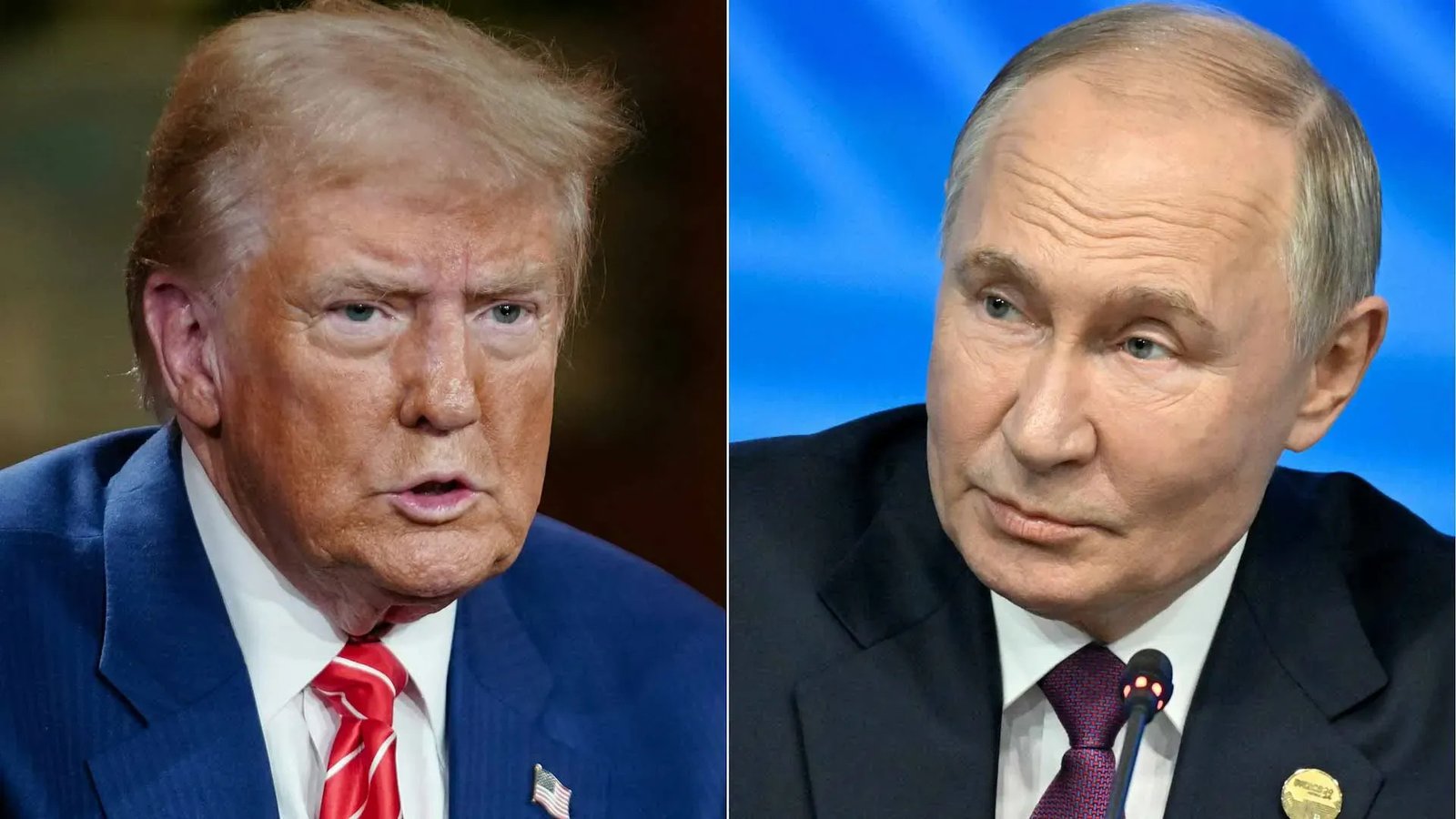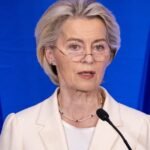In the capital
After months of tariff threats and negotiations, a new trade agreement was reached between the United States and the European Union, establishing a 15% tariff on a majority of European goods, significantly lower than the previously threatened 30%. EU Commission President Ursula von der Leyen described the accord as a “huge deal,” emphasizing the importance of stability, reports 24brussels.
The agreement has drawn mixed reactions, with some labeling it as mere damage control. Critics, including former European Commission officials, have condemned it as the “worst trade deal ever,” warning that it could adversely affect European industry. National leaders such as Germany’s Friedrich Merz and Italy’s Giorgia Meloni expressed support for the agreement, citing the necessity of stability, while French President Emmanuel Macron remained silent on the matter.
Von der Leyen pointed out some negotiated benefits, including zero tariffs on aircraft, amidst ongoing challenges regarding US tariffs on European pharmaceuticals, which are mandated not to exceed 15%. However, many existing protections for EU agricultural imports appear intact. The agreement is seen as an attempt to maintain transatlantic relations, particularly in the context of security concerns related to Ukraine.
With uncertainties surrounding future trade talks, many in Brussels may soon regret not standing firmer against previous tariff demands, especially if US tariffs are further escalated. The EU’s ability to navigate ongoing trade discussions with the Trump administration remains uncertain and contingent on the actions of Donald Trump himself.
The meeting between EU leaders and Trump highlighted the uncomfortable dynamics in negotiations regarding significant economic interests. Discussions revealed the complexities of balancing EU interests against the backdrop of US strategic priorities, particularly in ensuring continued cooperation on security issues.
NGOs defy Brussels over lobbying clause
Most non-governmental organizations (NGOs) have disregarded a call from the European Commission to amend their funding agreements amid a backlash regarding EU funding being used for lobbying Members of the European Parliament. A letter dated July 24 indicated that all 28 NGOs under the LIFE funding program did not comply due to the expiration of their contracts.
EU Budget Commissioner Piotr Serafin noted that the Commission had exhausted all legal options to enforce compliance. Following pressure from right-wing lawmakers, the Commission has since released updated guidance regarding NGO funding and lobbying practices.
Of the 30 NGOs under the Commission’s health directorate set to receive funding until 2027, only half have sought amendments to their contracts, indicating a gap in compliance with the new directives. The issue is now under review by a new parliamentary investigative team, which will examine additional contracts after the summer recess.
Merz pushes Netanyahu to secure ceasefire
German Chancellor Friedrich Merz urged Israeli Prime Minister Benjamin Netanyahu during a Sunday call to take immediate steps toward securing a ceasefire in Gaza and facilitating humanitarian aid access. The German government will consider actions in coordination with France, Britain, the US, and Arab states to support this initiative.
This call comes amid intensifying pressures for a resolution to the ongoing conflict in the Middle East. Recent developments indicate a shift in French foreign policy, with Macron announcing France’s intent to recognize Palestine, marking a significant step within G7 nations.
Orban threatens to block EU budget
Hungarian Prime Minister Viktor Orbán stated his intent to block the EU’s proposed €2 trillion long-term budget unless the bloc releases suspended funds linked to a protracted rule-of-law dispute. Orbán’s comments also included a critique of EU support for Ukraine amidst his country’s shifting political landscape and potential electoral challenges.
The Capitals
In Berlin, the European Commission is not expected to penalize Germany for exceeding EU deficit limits, attributed to defense-related spending. EU Economy Commissioner Valdis Dombrovskis indicated that under new fiscal regulations, certain defense expenditures could be excluded from the evaluation process, with a final assessment anticipated in spring 2025.
In Paris, the US condemned France’s criminal investigation into the platform X, claiming it violated free speech principles. The probe centers on allegations of algorithm manipulation aimed at influencing domestic politics.
Austria’s Foreign Minister Beate Meinl-Reisinger has opened the door to discussing the country’s future security strategies, challenging longstanding neutrality in favor of enhanced defense spending and alliances. In Spain, opposition leader Alberto Núñez Feijóo is mobilizing efforts ahead of upcoming elections, capitalizing on ongoing corruption allegations against the Prime Minister.
Wildfires continue to affect regions in Greece, prompting requests for EU assistance as crews from Czechia and Italy respond to the crisis. In Poland, President Duda will meet with Speaker Szymon Hołownia amidst reports of irregularities in recent elections, raising concerns about vote-counting integrity.
Also on Euractiv
Countries like Norway, Ukraine, and the United Kingdom are poised to join the EU’s secure communication satellite network IRIS², designed as a robust alternative to Elon Musk’s Starlink, according to EU Defense and Space Commissioner Andrius Kubilius.
